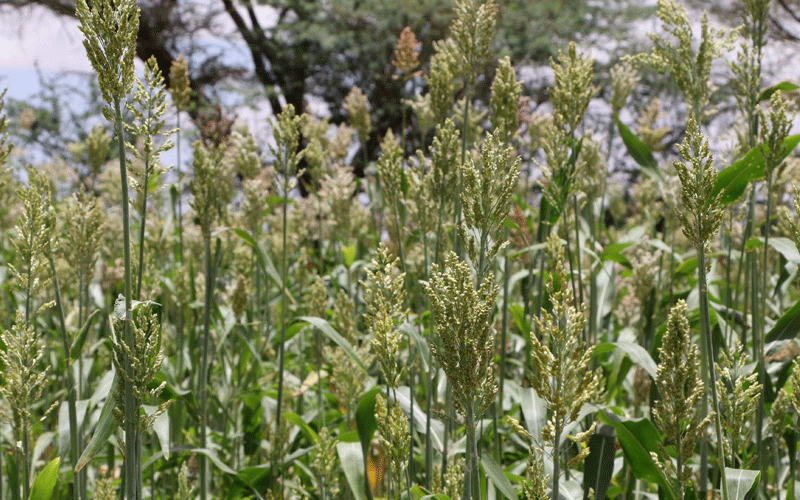Collaboration is key to growth of SME sector

In the past, perceptions about building Micro, Small and Medium Enterprises (MSMEs) have been obscured by general statistics, inadequate data and substandard analytics.
However, as the world continues to benefit from the productivity of SMEs, there is growing awakening on building efficiency and boosting their capacity through various policies, business support initiatives and techniques.
The objective is to achieve enhanced competitiveness for SMEs because this translates to transformative economic gains.
The announcement by the government and various private sector stakeholders on supportive measures towards SME growth is an indication of the increasingly deepening understanding of the place of these businesses in sustaining economies across the world.
During the 2020/2021 budget presentation, the government allocated Sh3 billion seed capital to operationalise the SME Credit Guarantee Scheme, to enable the provision of affordable credit to small and medium enterprises in an efficient and structured manner.
Additionally, the government provided a stimulus package worth Sh 5 billion to SMEs whose operations had been affected by the coronavirus pandemic.
Private sector interventions have also continued to increase, all in a quest to provide adequate support for the growth of the SME sector.
Mastercard Foundation announced their commitment of ShSh1.6 billion (US$15 million) to support a series of interventions that will facilitate business continuity, especially of enterprises led by young people and women.Besides financial support, we have also seen other development support services offered to SMEs.
These include on infrastructure, technology advancement, market access, cost reduction, and organizational structure.
The provision of these business development services either through advice, training or skills transfer is in essence expected to yield progressive and sustainable economic growth for SMEs.
However, the institutions and entities providing this Business Development Services (BDS) have reached and assisted only a minority.
A report on Africa Entrepreneurship and Small Business Development outlines that markets for BDS suffer from lack of information among SMEs about their potential benefit because few of them had experienced them.
To curb this, there is need to raise SMEs’ awareness of existing development services, subsidise costs of these services and trainings as well as the need to publicly promote the services to increase uptake.
Another Report by Organisation for Economic Co-Operation and Development (OECD) on Supporting SME Competitiveness In The Eastern Partner Countries states that the low uptake of business development services by SMEs, is largely due to a mismatch between demand and supply.
It further indicates the need to upgrade the institutional framework for the delivery of BDS and adopt a more strategic approach to SME development.
Governments also need to strengthen the institutions involved in the delivery of SME support policies.
We need to acknowledge that is it our responsibility to support the growth of SMEs.
If we continue to collaborate, we can ensure that all BDS developed for SMEs are relevant, effective and accessible.
First, we must identify the specific needs of SMEs through adequate research. Second, we must be deliberate in providing information to SMEs on BDS.
We must ensure that there is continuous provision of information to the public on the services available and their benefits.
Finally, the provision of a conducive environment for the growth and operation of SMEs through the development of favourable policies will facilitate their uptake of BDS.
By doing so, we will ensure that provision of growth for the SME Sector is achieved for the social economic wellbeing of the country.
— The writer is the CEO of Kenya Association of Manufacturers and the UN Global Compact Network Kenya Board chair — ceo@kam.co.ke









